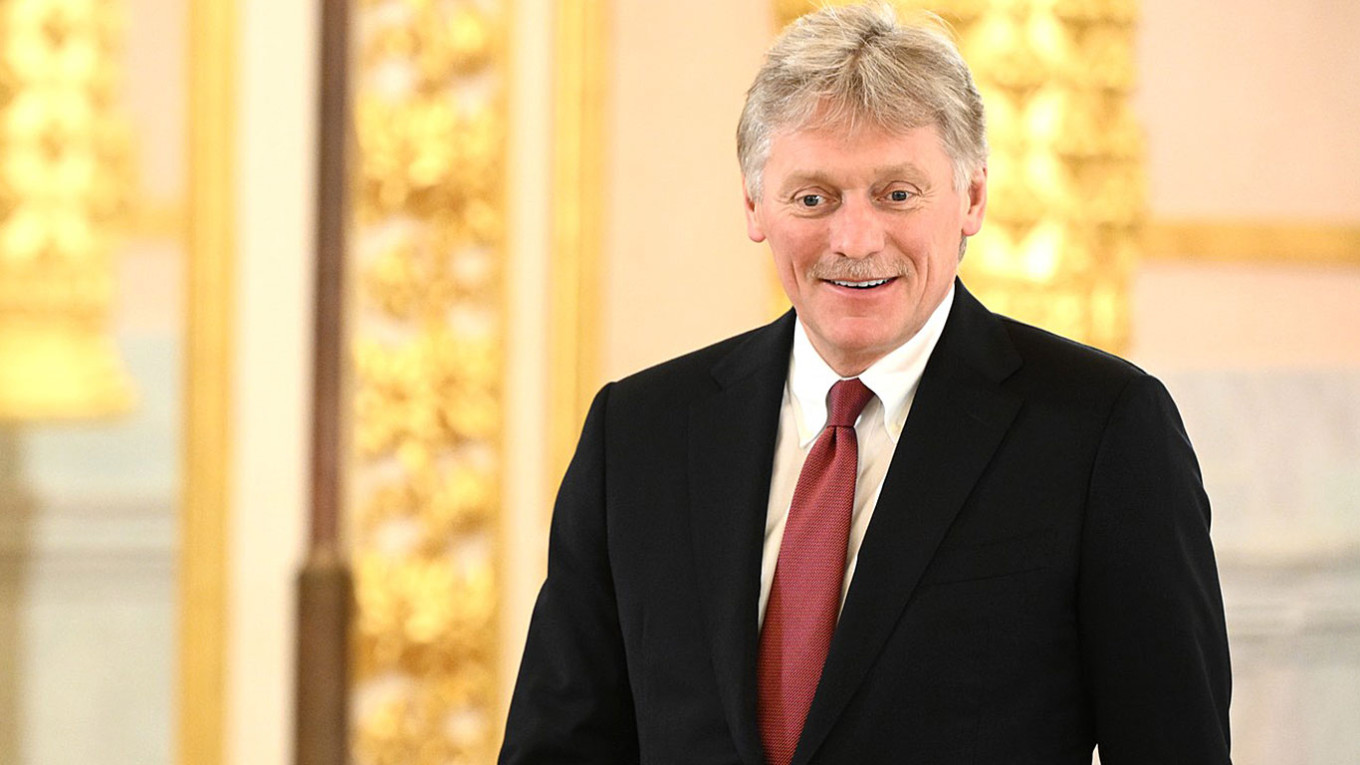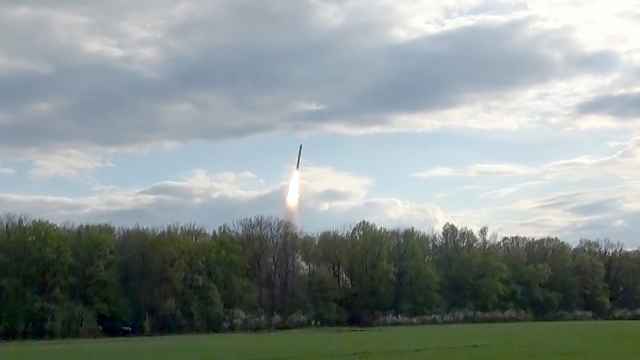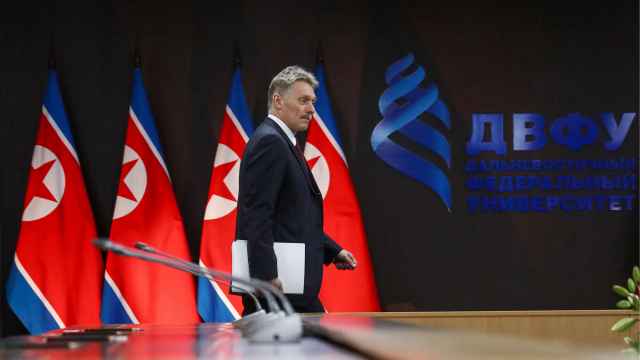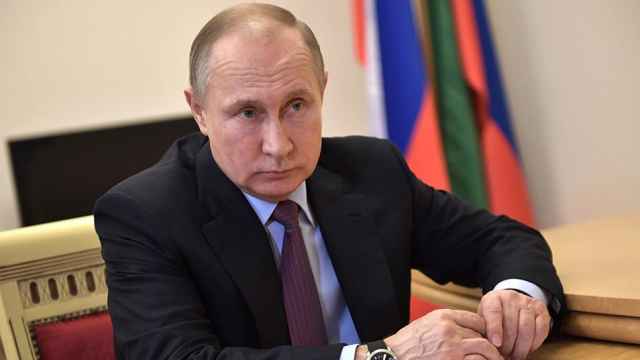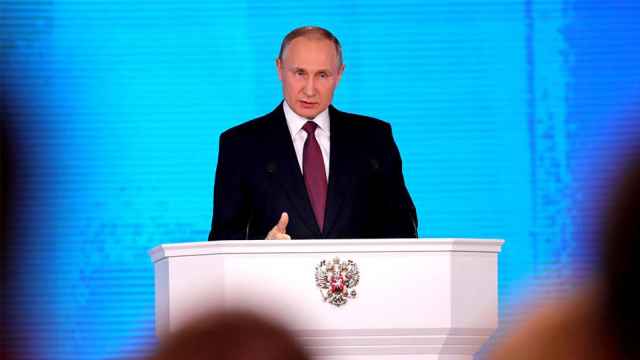President Vladimir Putin’s plan to station Russian tactical nuclear weapons on the territory of neighbor and ally Belarus would go ahead despite the Western backlash that followed the announcement over the weekend, the Kremlin said Monday.
On Saturday, Putin announced plans for Russia to station tactical nuclear weapons in Belarus "without violating our international agreements on nuclear non-proliferation” — drawing a swift rebuke from Kyiv and its European allies.
“Russia’s plans are certainly not affected by such a reaction,” Kremlin spokesperson Dmitry Peskov told reporters in a daily briefing on Monday.
Kyiv said on Sunday that it was seeking an emergency meeting of the United Nation's Security Council to discuss Russia's "nuclear blackmail.”
The Ukrainian Foreign Ministry accused Russia of breaching its obligations, and of undermining the "nuclear disarmament architecture and the international security system as a whole.”
On Sunday, the EU's foreign policy chief Josep Borrell said Brussels was ready to impose new sanctions on Belarus should Minsk agree to host Russian nuclear weapons.
Putin said that renewed discussions with Belarusian President Alexander Lukashenko on the issue had followed a suggestion by a British official that the U.K. would send depleted uranium shells to Ukraine.
Russia will start training crews on April 3 and plans to finish the construction of a special storage facility for tactical nuclear weapons by July 1, Putin told state television.
Putin likened the deployment to military bases in Belgium, Germany, Italy, the Netherlands, and Turkey storing U.S. tactical nuclear weapons, an analogy Western allies immediately rejected as "misleading" and "deceptive."
"The comparison made by President Putin to nuclear sharing in NATO is misleading and does not justify the step announced by Russia," a German Foreign Ministry official told AFP.
NATO also joined the criticism, with spokesperson Oana Lungescu saying "Russia's reference to NATO's nuclear sharing is totally misleading. NATO allies act with full respect of their international commitments."
Lungescu also blasted Russia's announcement as "dangerous and irresponsible.”
With fears of a nuclear war rising since the invasion, experts believe that any Russian strike would likely involve small-size battlefield nuclear weapons known as "tactical" as opposed to "strategic" high-powered long-range nuclear weapons.
The United States and NATO said separately they saw no grounds to change their nuclear posture.
AFP contributed reporting.
A Message from The Moscow Times:
Dear readers,
We are facing unprecedented challenges. Russia's Prosecutor General's Office has designated The Moscow Times as an "undesirable" organization, criminalizing our work and putting our staff at risk of prosecution. This follows our earlier unjust labeling as a "foreign agent."
These actions are direct attempts to silence independent journalism in Russia. The authorities claim our work "discredits the decisions of the Russian leadership." We see things differently: we strive to provide accurate, unbiased reporting on Russia.
We, the journalists of The Moscow Times, refuse to be silenced. But to continue our work, we need your help.
Your support, no matter how small, makes a world of difference. If you can, please support us monthly starting from just $2. It's quick to set up, and every contribution makes a significant impact.
By supporting The Moscow Times, you're defending open, independent journalism in the face of repression. Thank you for standing with us.
Remind me later.


